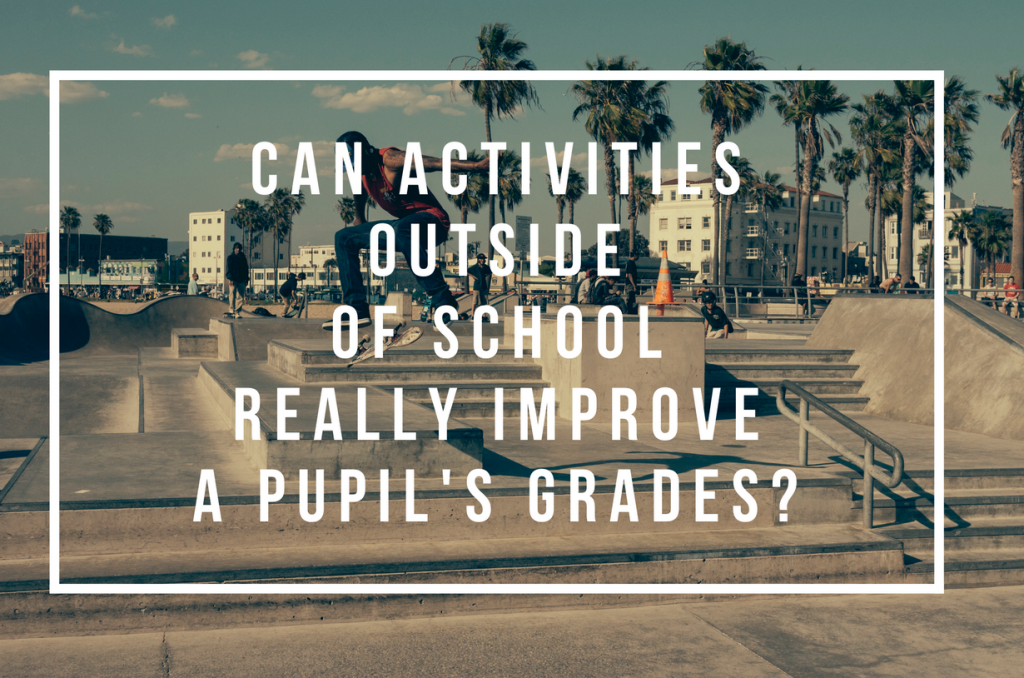 It is now acknowledged that participating in sport is good for a student’s academic achievements even though it may seem counter-intuitive that spending time out on the football field is taking away from a child’s study time.
It is now acknowledged that participating in sport is good for a student’s academic achievements even though it may seem counter-intuitive that spending time out on the football field is taking away from a child’s study time.
But the benefits that school activities have on grades do not stop with sport: there is a growing consensus that other extracurricular engagements can have a significantly positive effect on academic performance.
Research by the National Center for Education Statistics in the US found that children who take part in school activities outside class were more likely to attend lessons, achieved higher grades on average, were more integrated in the school environment, were more likely to ask for help with academic studies and had a better record when it came to securing college or university places than those who did not.
The study found that “extracurricular activities provide a channel for reinforcing the lessons learned in the classroom, offering students the opportunity to apply academic skills in a real-world context, and are thus considered part of a well-rounded education”.
Participating in out-of-school activities has the biggest effect on the bottom line: grades. The US study found that children who take part in extracurricular sessions are three times more likely to achieve B grades in their studies or better.
The results were also pronounced for school attendance rates where those who participated in activities outside lessons were more than 15 per cent more likely to attend classes.
While other studies have found that the home environment is the most important factor affecting school performance, the NCES research found that regardless of students’ background, volunteering or taking part in out-of-school clubs can have positive effects on their grades.
But not all extracurricular activities are equal. A 2003 study by Guest and Schneider[1] found that formal activities which are structured – including sport and learning to play musical instruments – had a more beneficial effect that informal activities like film clubs and other more leisure-based undertakings. Another study by Marsh and Kleitman[2] found that more time in “in structured groups and less time watching TV were associated with higher test scores and school grades”.
Other research has found a strong correlation between participating in music out of school and academic performance. One study published by Eady in 2004[3] found that “music can influence learning in core subjects as well as contribute to the attainment of core goals in learning”.
Other work has suggested that teachers who make themselves available to help activities beyond the classroom are more likely to be able to influence a pupil than those who don’t. This time spent developing a pupil’s skills beyond the classroom can have a positive mentoring effect, research suggests, building relationships between teacher and pupil which could prove to be highly influential in a young person’s life.
[1] Guest, A., & Schneider, B. (2003, April). Adolescents’ extracurricular participation in context: The mediating effects of schools, communities, and identity [Electronic version]. Sociology of Education, 76, 89-105.
[2] Marsh, H. W., & Kleitman, S. (2002). Extracurricular activities: The good, the bad, and the nonlinear [Electronic version]. Harvard Educational Review, 72, 464-512.
[3] Eady, I., & Wilson, J. D. (2004). The influence of music on core learning [Electronic version]. Education, 125, 243-249.
If you’d like to find out more about enrolling with FutureSchool, click here.



Got Something to Say?